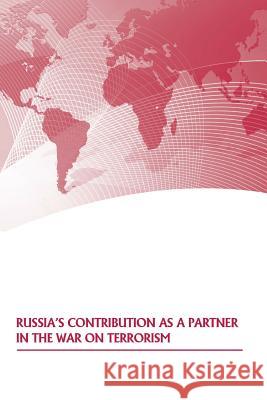Russia's Contribution as a Partner in the War on Terrorism » książka
Russia's Contribution as a Partner in the War on Terrorism
ISBN-13: 9781505874976 / Angielski / Miękka / 2015 / 68 str.
Until the end of the Cold War, terrorism was a phenomenon practically unknown in the Soviet Union. The chaotic disappearance of the Union of Soviet Socialist Republics (USSR) resulted, among other developments, in two wars in North Caucasus and subsequent waves of terrorism in the region and terrorist attacks in Moscow. The demise of the USSR also weakened the organizations responsible for the security and law and order of Russia-a phenomenon rarely understood in the West. Russia and the United States are the priority targets for many radical Islamic groups. The two countries should be able, in theory at least, to cooperate closely against many terrorist groups. However, several issues, which each country sees as important, make this cooperation very difficult and occasionally impossible. In the post-communist, unipolar world, the United States was the dominant power, which paid little attention to the views and opinions of other countries. This attitude was particularly strongly resented in Russia, accustomed to its status of an equal security and military power. The United States failed to appreciate the changes in the Russian Federation and still does not always accept that repetitive public criticism of Russia's democratic deficit can be counterproductive. (NOTE: This monograph was written before the 2014 Winter Games at Sochi, Russia.)"
Zawartość książki może nie spełniać oczekiwań – reklamacje nie obejmują treści, która mogła nie być redakcyjnie ani merytorycznie opracowana.











